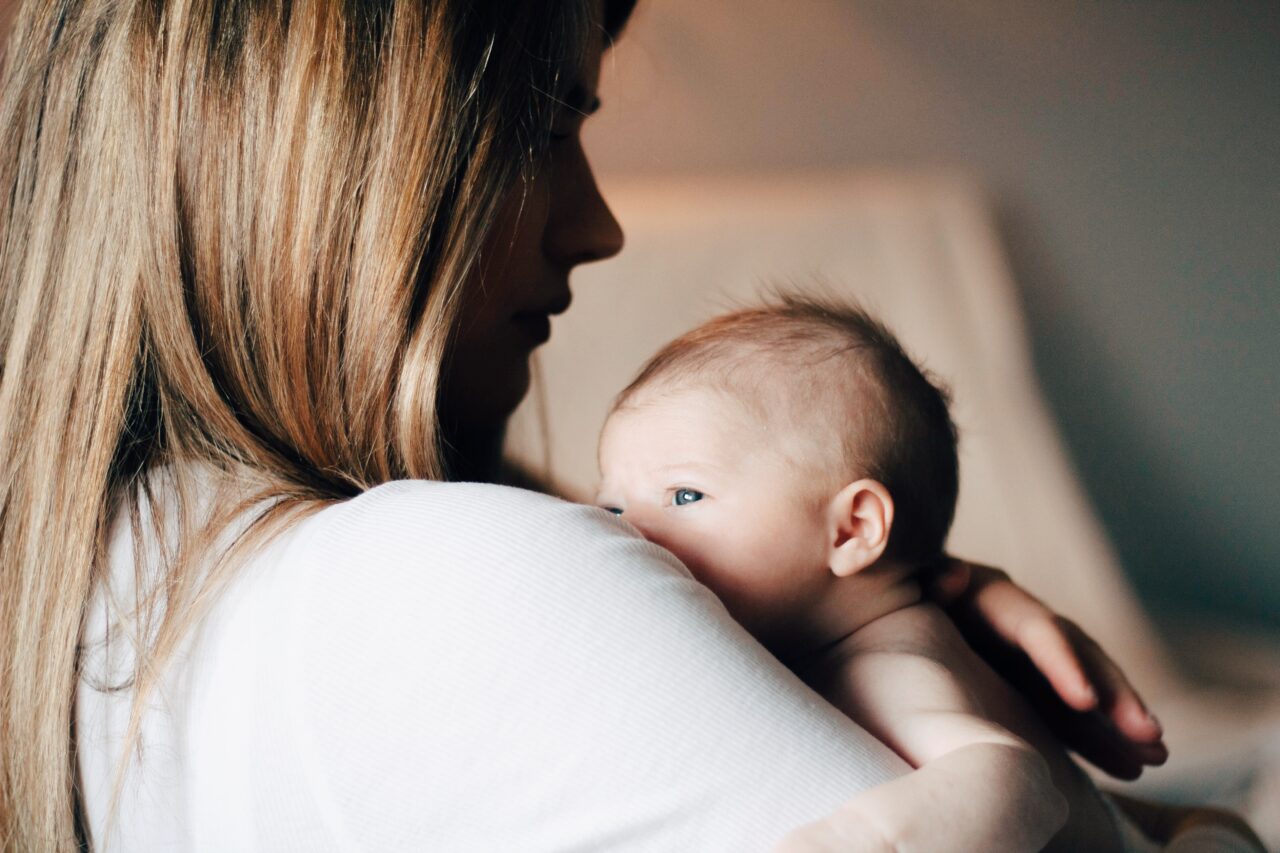Is There a Link Between Hearing Loss and Genetics?
Genetics are responsible for a lot of things, including how to tell you how tall you’ll get and what color eyes you have. They also play a role in the development of certain medical conditions, including hearing loss.
Genes Play a Role in Newborn Hearing Loss

The vast majority of newborns are tested for hearing loss shortly after their birth during universal newborn hearing screenings. If a baby has sensorineural hearing loss, it’s often due to genetic factors. In fact, the Centers for Disease Control and Prevention (CDC) states that “50% to 60% of hearing loss in babies is due to genetic causes.”
Genetic Syndromes and Hearing Loss Risk
Many cases of congenital hearing loss are non-syndromic. This means that the person does not have any other symptoms. However, other cases are caused by genetic syndromes and come with other symptoms as well. Some genetic syndromes that cause hearing loss include:
- Pendred syndrome
- Stickler syndrome
- Treacher Collins syndrome
- Usher’s syndrome
Additionally, conditions like Down’s syndrome and Turner’s syndrome increase a person’s risk of developing hearing loss at some point.
What Does This Mean?
If someone in your family has genetic hearing loss, it does make it more likely that you or your children could have it as well. However, you could also have perfectly normal hearing. Similarly, just because hearing loss doesn’t seem to run in your family doesn’t guarantee that you or someone else won’t develop it.
If you know that you are at a higher risk of hearing loss because of genetic factors, it’s a good idea to get your hearing tested. The sooner hearing loss can be diagnosed and treated, the better it is for the long-term management of the condition.
Signs of Hearing Loss
You should also schedule a hearing test if you experience any signs of hearing loss. Oftentimes, the condition sneaks up on people gradually. Know what to look out for and don’t shrug off the early signs, such as:
- Difficulty hearing high-pitched sounds like birds chirping or your phone beeping
- Needing people to repeat themselves frequently
- Trouble following conversations in environments with background noise, like when out to dinner with friends at 44 North
- Needing to turn the TV or radio up louder than usual
- Experiencing a ringing or buzzing in your ear (tinnitus)
If you have hearing loss, your audiologist will work with you to find the right pair of hearing aids that best meet your needs as well as your style and comfort preferences.
For more information or to schedule an appointment, call DeFatta Health today.